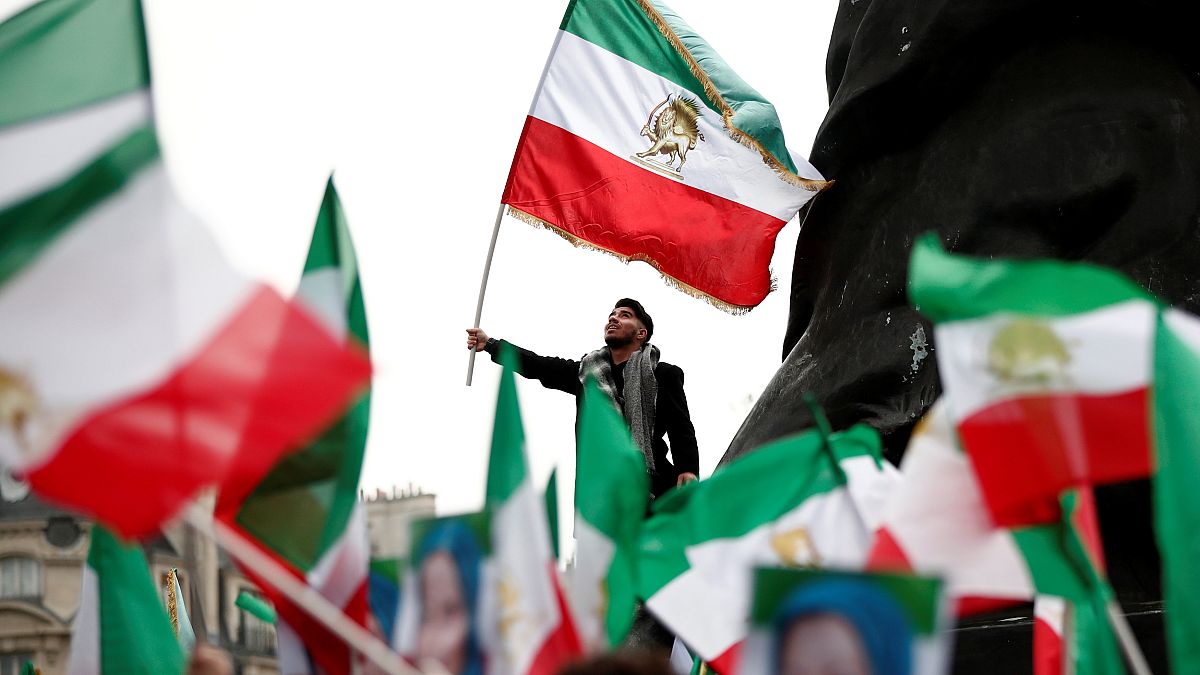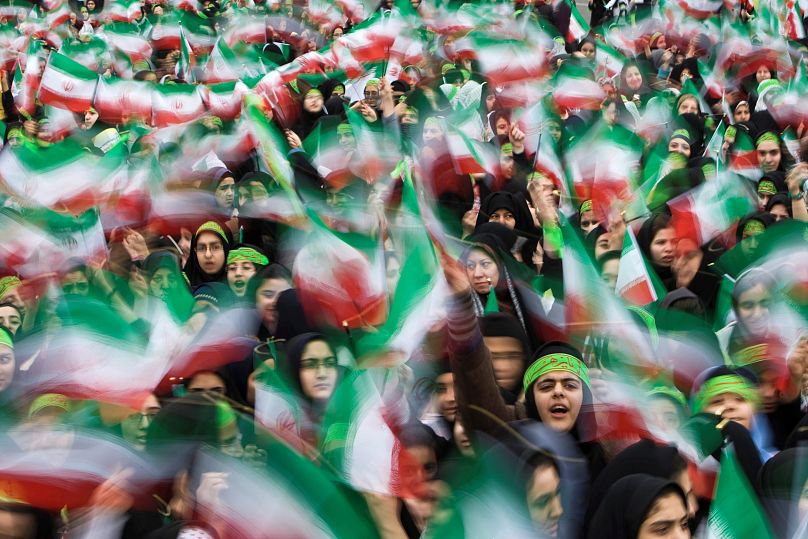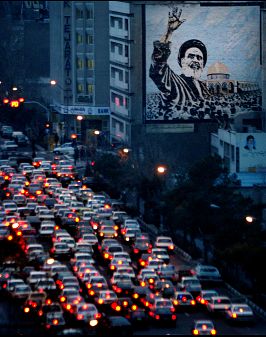Forty years later, Iran's youth have different opinions on the revolution's legacy.
Born after the 1979 revolution, Iran's "revolution babies" have to deal with the legacy of the uprising as the country struggles financially under reinstated US sanctions.
As Iran inches closer to celebrating 40 years since Shah Mohammad Reza Pahlavi's overthrow and the creation of the Islamic Republic, many young Iranians believe the revolution's goals remain out of reach.
"We had some goals and still believe those goals were right. We had demands and still think those demands were fair. But the revolution failed to fully realise our demands, while we rose in rebellion for those demands," Farzad Farahani, a 22-year-old university student, told The Associated Press.
The revolution was meant to bring economic, education, and social progress to Iran. The leaders of the uprising also promised the people a share of Iran's profit-making oil industry.
But some believe the economic situation is worse than it should be.
"The economic situation is very bad. My father went to the war and was wounded in action, he was ready to sacrifice his life, and he loved Imam (Ayatollah Ruhollah Khomeini)," said Kimia Zakeri, a 20-year-old student.
"My parents are very unhappy. They think that the economic situation should have been much better. People's beliefs are a bit less firm than before," she added.
But others do see some positive changes since the fall of the Shah.
"Before this 40-year period, people had no right to vote, said Mohammad Ahadi.
"They said the Shah had said this or that, and what he said had to be done. But today, when we look at everything after 40 years: our missile and nuclear technology, and our achievements in the Middle East and around the world are talked about everywhere around the globe," added the 25-year-old cook.
In general, society is more equal since the revolution. Today, nearly all Iranians can read compared to only 47% of the population in 1976, according to the latest government statistics.
More people also attend higher education, with university enrollment being very high now.
The problem in Iran is high unemployment as at least one in four graduates can't find work, according to the International Monetary Fund, which predicts an unemployment rate of 14% in 2019.
Mania Filum, 27, said that even though more Iranians are educated many seek opportunities to leave because of the country's economic situation.
"Everybody plans to win funds for PhDs and leave Iran," Filum said.
Who's fault is it?
Iran has experienced a higher birth rate since the uprising because family planning clinics were dismantled after the revolution.
Young Iranians have experienced moments of heavy political tension but also lived through a brief cut in sanctions after Iran reached a nuclear deal which limited its enrichment of uranium in 2015.
However, a sanction-free Iran didn't last long after Donald Trump reinstated them when he withdrew from the agreement in 2018.
For Shayan Momeni, 27, Iran's problems are produced by the US.
"America likes to dominate the Middle East, but it can't achieve that. Now it's struggling to bring us to our knees, but it hasn't succeeded."
But Filum disagreed.
"Japan could have cut its ties with America forever after Hiroshima and could have kept saying, 'Death to America' until now, but it kept its ties, enjoyed the benefits, and this greatly helped its progress," she said.
"But Iran is not like that. It still insists that America is bad, it's our enemy. Britain is bad, it's our enemy."
"This is independence at what price? At the cost of our lives getting worse?" she asked.


